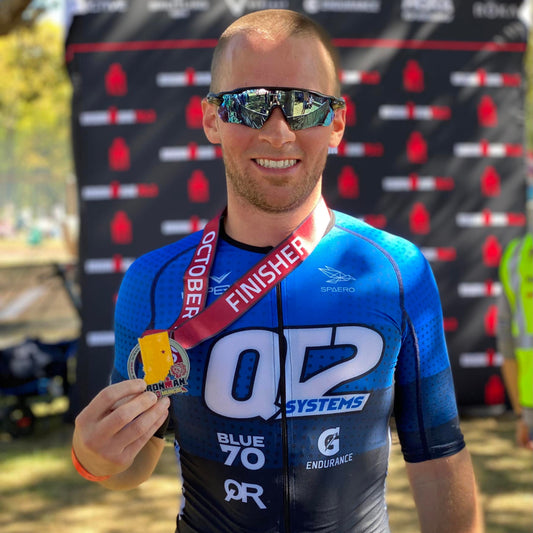The Inner Voice – From Critic to Coach
Introduction:
Endurance sports are as much a battle of the mind as they are of the body. For the intuitive feeler, emotions run deep—both the highs of a great training day and the lows of a session where nothing feels right. One of the biggest mental hurdles is dealing with self-doubt and negative thoughts. The inner critic, if left unchecked, can derail confidence, create hesitation, and even prevent athletes from performing at their best.
But what if that inner voice could be transformed? Instead of a harsh critic, it could become a compassionate coach—one that acknowledges doubts but doesn’t let them control the journey. This shift isn’t about ignoring negative thoughts; it’s about reframing them so they serve us rather than limit us.
Understanding Negative Thoughts:
Negative thoughts often arise from deeply ingrained fears—fear of failure, fear of not measuring up, fear of disappointing others or oneself. These thoughts are not inherently bad; they signal that something matters. However, when left unchecked, they can spiral into self-sabotage.
For intuitive feelers, negative thoughts often come with strong emotions. A tough workout might leave them not just physically drained, but emotionally questioning their abilities. They might personalize bad training days, seeing them as reflections of who they are rather than just one moment in time.
The Reframing Process:
- Recognize the Thought – Instead of pushing it away, acknowledge the negative thought when it arises. “I’m not strong enough to sustain this pace” or “I’ll never be ready for race day.”
- Pause & Observe – Ask: Is this thought based on fact or emotion? Would I say this to a friend?
- Reframe with Compassion – Instead of, “I’m not strong enough,” try, “This is a challenging moment, but I’ve handled challenges before.”
- Anchor to a Truth – Find evidence that contradicts the negative thought. Look at past successes, small wins, or moments where perseverance paid off.
- Shift the Inner Dialogue – Speak to yourself as you would a trusted mentor. “I know you’re struggling, but you’re capable. Let’s just take this one step at a time.”
The Power of Self-Compassion:
Self-doubt thrives in perfectionism. Many athletes believe they must be constantly strong, constantly progressing. But true resilience isn’t about avoiding struggle—it’s about navigating through it with kindness. Research shows that self-compassion leads to greater motivation and long-term success than self-criticism.
By adopting a self-compassionate mindset, endurance athletes can move from fear-driven motivation (“I need to prove I’m good enough”) to value-driven motivation (“I love this sport, and I’m growing in it”). This shift makes the journey sustainable, even when doubts arise.
Conclusion:
Negative thoughts will always be present, but they do not define an athlete’s capabilities. The goal isn’t to eliminate them but to develop a healthier relationship with them. Training the mind to be a compassionate ally rather than a harsh critic allows for greater confidence, enjoyment, and long-term success.









